Yes, Lemonade, Beyoncé’s powerful survival tale was a colossal hit—so much so that the high-concept visual album leads this Sunday’s Grammy Awards with nine nominations, including Album of the Year.
But beyond shattered records, intense engagement and passionate analysis, Lemonade had a wide-ranging impact: it’s rare that one album breaks through to change the emoji keyboard, land on a Marvel cover and boost businesses riding its wave. Influential in its year and beyond, see all the ways that Lemonade stands out as a cultural phenomenon.
First Stop: the Lemon Emoji
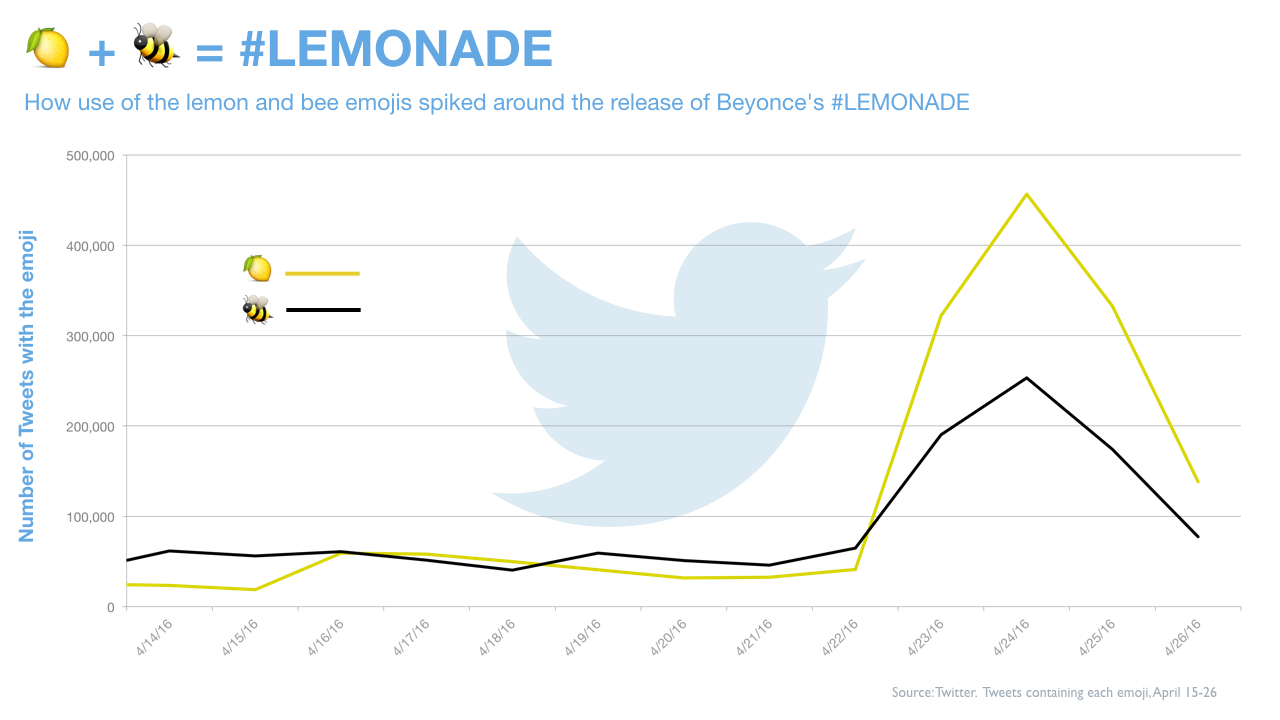
Lemonade earned the unusual distinction of altering the language of emoji by permanently redefining a fruit. “Before Lemonade, the lemon emoji had no meaning. Since the launch of Lemonade, the emoji has taken on a meaning of its own,” a Twitter spokesperson tells TIME.
Lemonade was one of the top music stories that drove the conversation online; a recordbreaking two million tweets contained the lemon emoji on Twitter in April. Lemon action on Twitter spiked again when MTV announced Lemonade’s VMA nominations, and again during the broadcast when she performed hits from the album, according to Twitter.
A Superstar Superhero Mashup
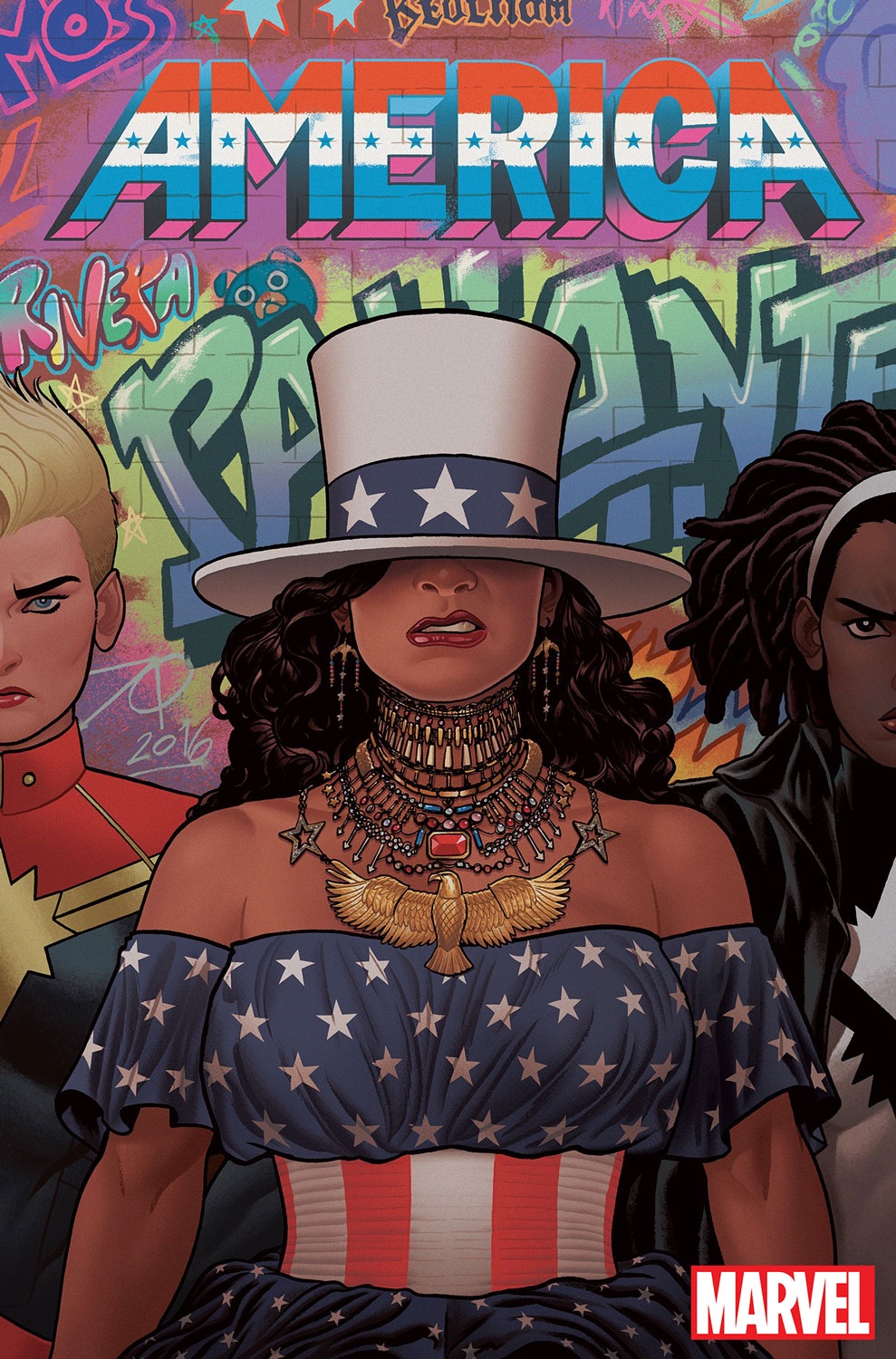
Lemonade was so widely recognized that it even hit the world of superheroes.
Nearly a full year post-“Formation” drop in January, illustrator Joe Quinones revealed that the Marvel comic book cover of America, the story of a dimension-hopping queer Latina hero, was an American flag-style tribute to the most iconic image from Lemonade.
“I realized early on that Gabby [Chavez] and I were both Bey fans and knew we had to homage her in the book,” he tells TIME. “America is a comic that is all about representation, feminism and fighting for what’s right. America Chavez hits hard, looks fabulous and makes no apologies along the way. I could think of no better parallel than Beyoncé.”
Red Lobster Got a Taste
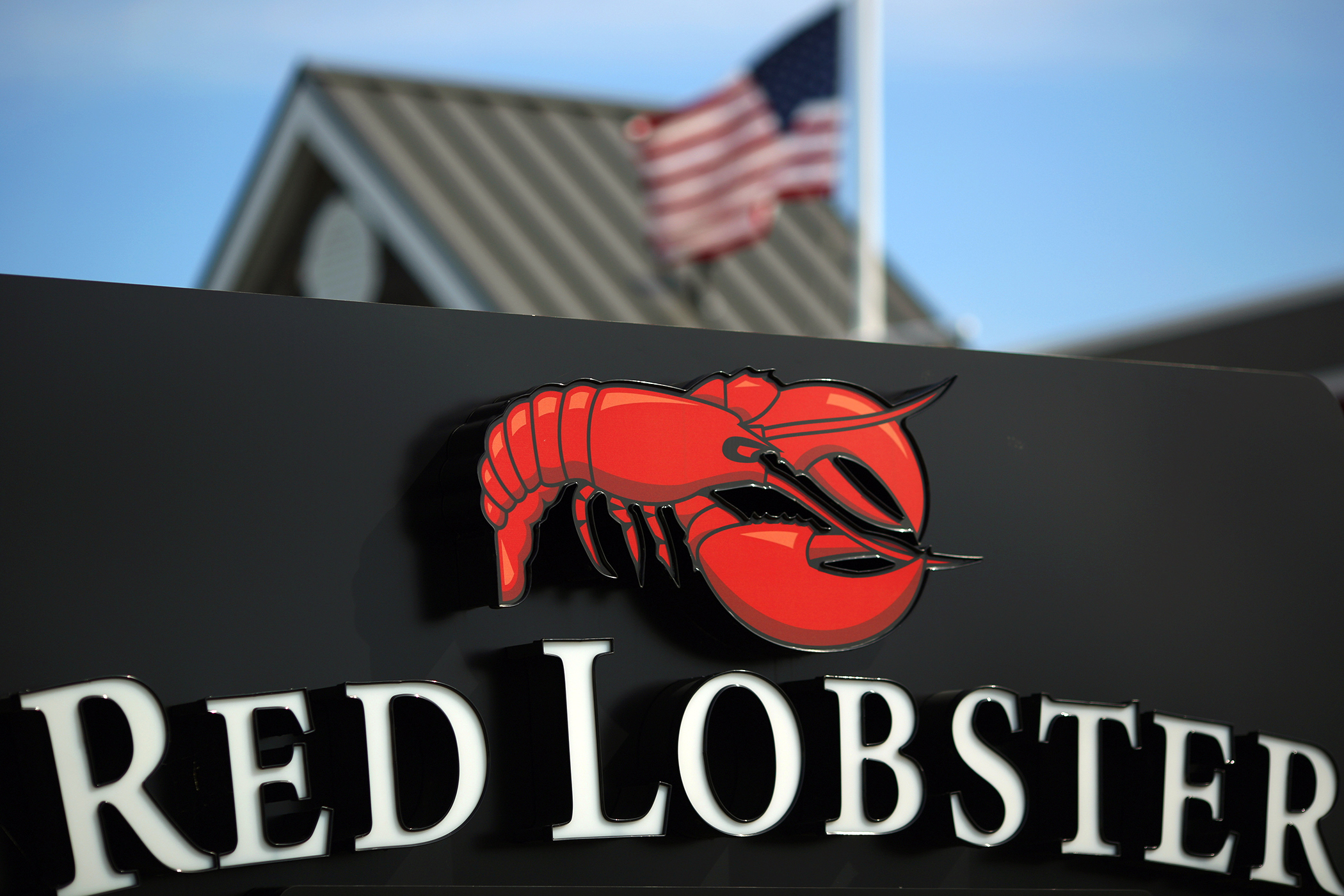
Lemonade topped Twitter’s most popular food-related hashtags of the year—but over in real life, Red Lobster got a healthy splash of Lemonade too. Thanks to Beyoncé’s shoutout to the casual dining chain as a reward for good sex in “Formation,” sales “grew significantly” the weekend after the Super Bowl Half-Time show performance, according to Red Lobster.
A Sales Spike For Warsan Shire
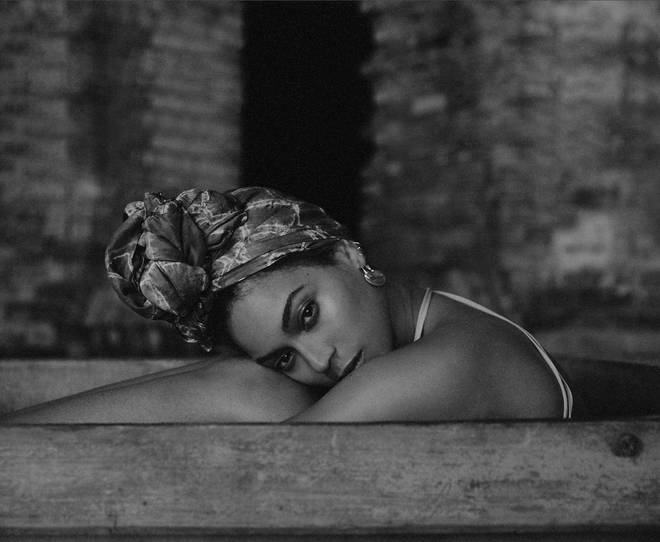
Sales for Warsan Shire’s 2011 chapbook Teaching My Mother How to Give Birth, which Beyoncé recited throughout the album, also spiked thanks to the powerful dose of publicity. The week before Lemonade dropped, 2014’s Young Poet Laureate of London’s pamphlet sold 78 copies. The week after: 764. (According to Nielsen, in the nine months pre-Lemonade, 3,400 books were scooped up, but since the release, 17,200 copies have been sold.)
The Hat Was Major
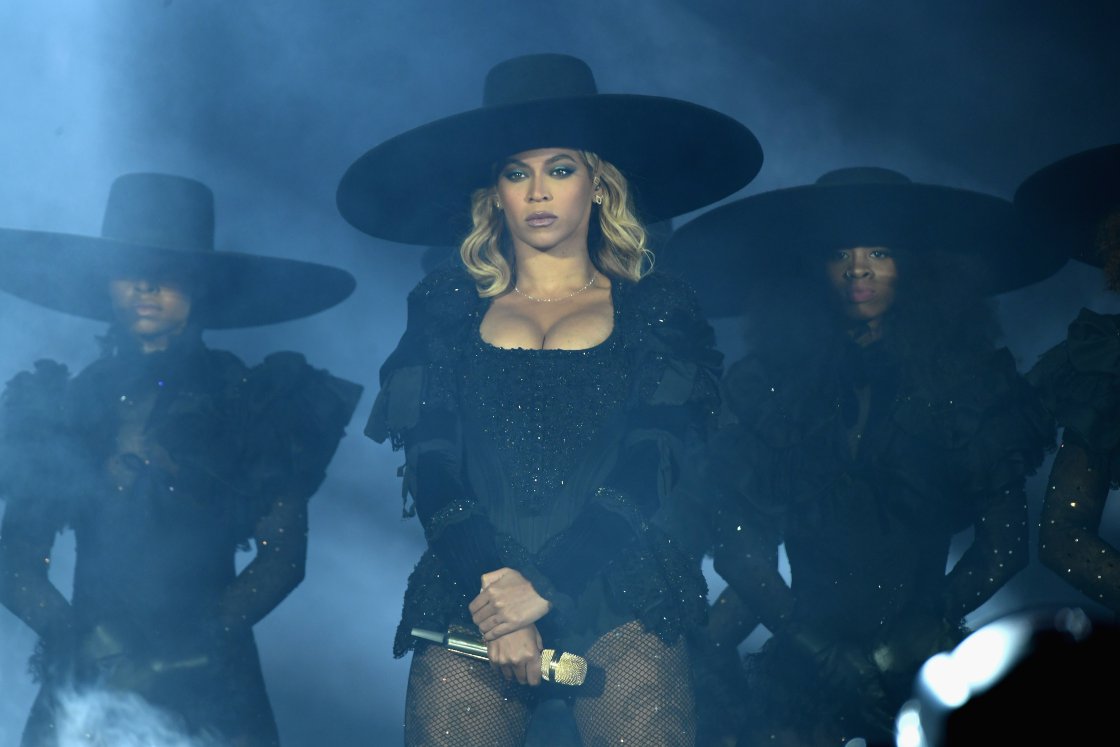
Fans flooded the custom hat maker behind the “Formation” hat with requests for the statement piece, according to Baron Hats in Burbank C.A. But the sky-high cone, which the company fashioned on 100-year-old machinery for Beyoncé, was impractical and too pricey for the masses, so owner Mark Mejia plans to create a smaller, more affordable version to meet the demand.
Dropping Knowledge
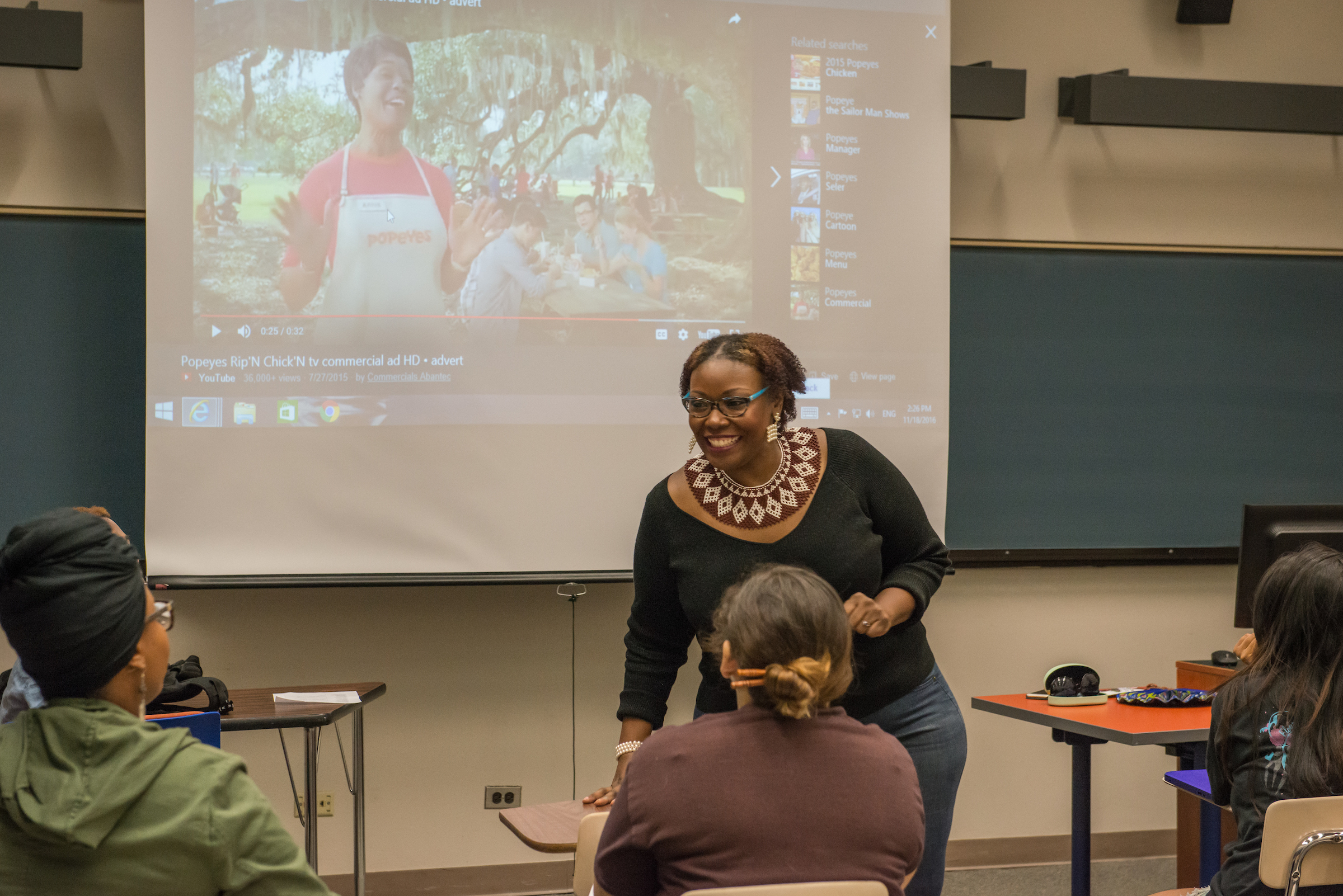
If Lemonade fades, it will be inked permanently on college transcripts. University of Texas at San Antonio professor Dr. Kinitra D. Brooks uses the album as the entire framework for her course “Black Women, Beyoncé & Popular Culture.” Brooks views Lemonade as much deeper than anything the pop star’s done before. “She’s having a conversation about how black women can heal from pain,” Brooks tells TIME.
There was a waiting list for the class until Brooks announced how hard it would be. After all, this was no Beyoncé fan club. “Beyoncé’s not saving the world. People shouldn’t look to her as a god. She’s trying to open up a broader dialogue,” Brooks says. “We don’t hold Lemonade up as the perfect document. We interrogate it.” In that questioning spirit, students from various backgrounds learn about West African spiritual practices and the conjuring traditions of the American South the videos featured.
It Celebrated Hair
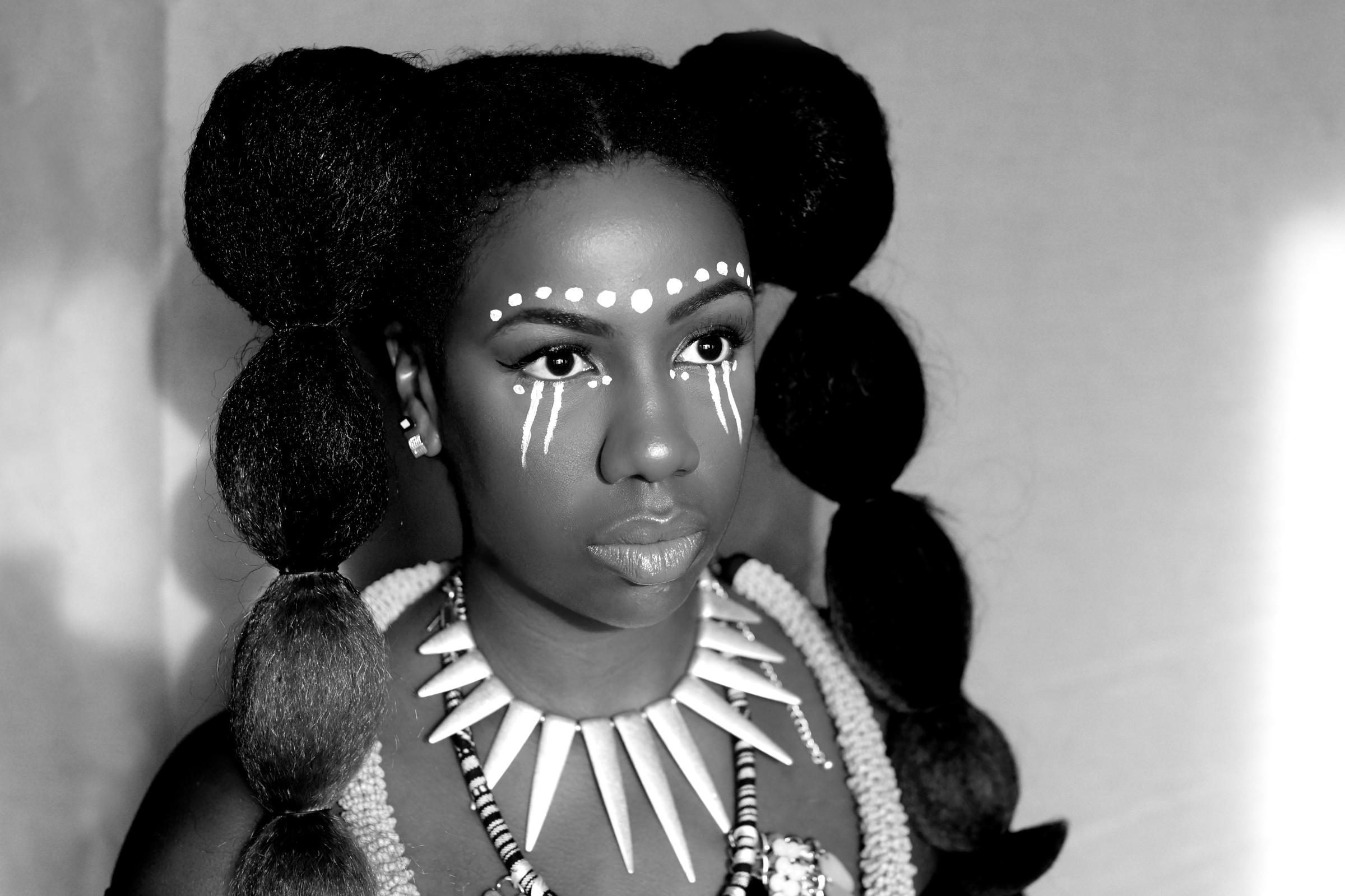
Lemonade gave plenty of airtime to hair, too. After speaking at a natural hair expo in Johannesburg, South Africa, Donna Neddo, 30, of Chicago was so inspired by the pop star’s range of hairstyles, that she recreated the look from “Love Drought” for Halloween.
She clipped on a layer of synthetic hair, and sectioned her pigtails into four separate bubbles with tiny black rubber bands. Using white eyeliner, she penciled in the face pattern, and wrapped fabric-covered beaded necklaces around her neck.
For Neddo, Lemonade‘s visuals resonated in a way the star’s other work hadn’t. “Beyoncé got a lot of negativity for wearing weave. I think with this last album, she showed a lot of hairstyles that black women can wear.” Neddo’s costume is just one example of the hit’s permeating influence.
A Party With a Rebuilding Theme

For some listeners, Lemonade‘s message hit especially close to home—like bride-to-be Jenny Ly, 26, of Long Beach, California. After she broke off her engagement following a five-year relationship, an idea struck her: in the spirit of Lemonade’s message, when life serves up lemons, she would “make lemonade.” Instead of canceling her would-be wedding venue, she decided to use it for a fundraiser for American Cancer Society’s Relay for Life for her family, friends and cancer survivors.
Even though people wanted a wedding, it was still a happy affair. Guests shared survival stories of their own over lemonade-spiked cocktails and a lemonade-themed sheet cake, and the event raised $3,203 for research the American Cancer Society’s Relay For Life.
“I turned a sour situation into a sweet one,” Ly says. “To me, the songs are about how you have the ability to cut bad things off, and that’s exactly what I did.”
“Formation” Was About Community For This Cop

With “Formation,” Beyoncé raised her voice about “police brutality and injustice”; protests from cops arguing that some of her songs were “anti-police” followed. But the openly gay deputy sheriff Deuntay Diggs, from Stafford County, Va., got nothing but support from his fellow officers when his “Formation” dances at North Stafford High School went viral.
The 31-year-old Beyoncé fan, whose moves made headlines, tells TIME he feels the anthem’s about getting the community together, which is the very same reason he danced to the song for the students. “She’s not anti-law enforcement. She’s talking about police brutality in law enforcement,” he says of Beyoncé. “There are instances when law enforcement has done things inappropriately, and there’s nothing wrong with addressing these issues. What I’m asking the community to do is not paint with a broad brush. Not all law enforcement are out to kill minorities.”
More Must-Reads from TIME
- Why Trump’s Message Worked on Latino Men
- What Trump’s Win Could Mean for Housing
- The 100 Must-Read Books of 2024
- Sleep Doctors Share the 1 Tip That’s Changed Their Lives
- Column: Let’s Bring Back Romance
- What It’s Like to Have Long COVID As a Kid
- FX’s Say Nothing Is the Must-Watch Political Thriller of 2024
- Merle Bombardieri Is Helping People Make the Baby Decision
Contact us at letters@time.com